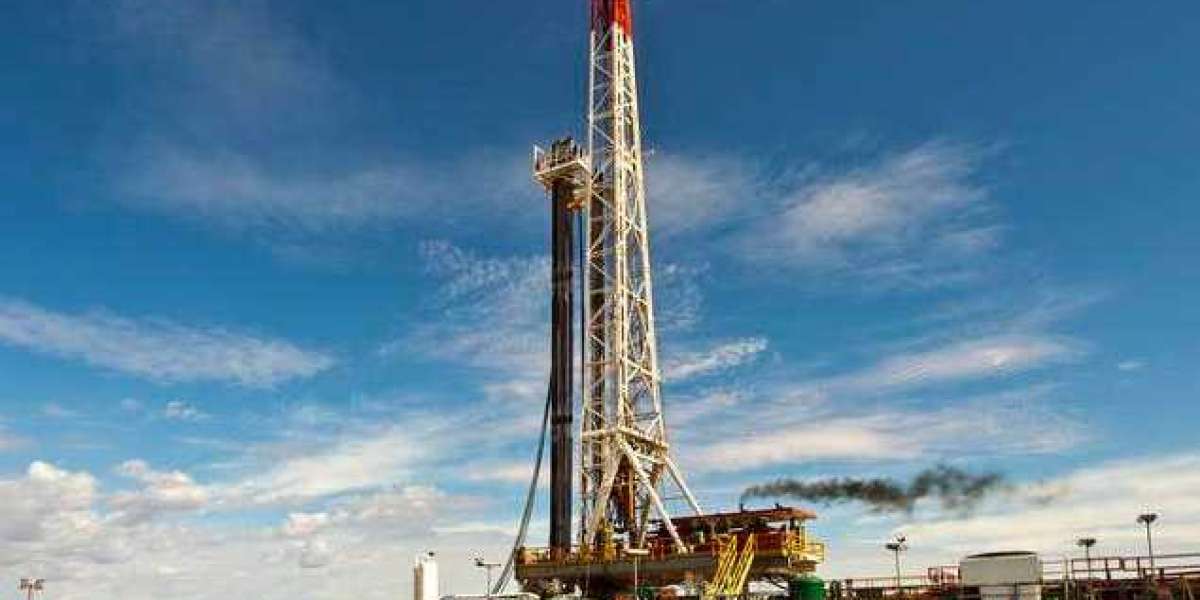In the oil and gas industry, a well intervention engineer is an essential member of the team that is tasked with ensuring the continued operation of oil and gas wells while also maximizing the production potential of those wells. This job requires the engineer to perform a number of tasks. Engineers who specialize in well interventions are extremely important in the process of optimizing the output of wells by carrying out interventions that are designed to improve the performance of the wells. In other words, optimizing the output of wells requires engineers who specialize in well interventions. This article will provide an overview of the role of a well intervention engineer, including a general description of what they do in addition to their responsibilities, skills, and qualifications. A General Explanation of Well Intervention Engineering1. The Index and Table of Contents2. An Oil and Gas Operation From the Perspective of a Esimtech Intervention Engineer's Responsibilities and Functions3. The Skills and Qualifications Necessary to Become a Well Intervention Engineer4. Challenges That Well Intervention Engineers Are Required to Conquer5. Future Opportunities in the Field of Esimtech Intervention Engineering
An Exposition on the Field of Well Intervention Engineering as a ProfessionThe development of techniques that can maintain and improve the production of oil and gas wells is the primary focus of the field of well intervention engineering, which is a subfield of petroleum engineering
It encompasses a wide variety of activities, including analyzing the performance of wells and putting into action interventions that are designed to improve the performance of wells
In the oil and gas industry, where boosting well productivity is essential to boosting overall profitability, the discipline of well intervention engineering is an absolute necessity
There are a few distinct methods that can be utilized for well intervention; however, wireline, coiled tubing, and hydraulic fracturing are the most frequently used methods
The Duties of a Well Intervention Engineer and Their Functions Within the OrganizationEngineers who specialize in well interventions are tasked with a wide variety of tasks, each of which is essential to the upkeep and improvement of well productivity. These engineers are also responsible for a number of tasks that are not directly related to well interventions. They start by conducting an analysis of the well performance data, followed by the development of intervention plans, the performance of interventions with the assistance of specialized equipment and techniques, the monitoring of the outcomes of the interventions, and the reporting of their findings.
The Abilities and Experiences That You Need to Have in Order to Work as a Esimtech Intervention EngineerEngineers who work on well interventions need to possess a variety of skills in order to be successful in their careers. These skills include the ability to communicate effectively, as well as technical and analytical expertise. A high level of technical knowledge and expertise, in addition to analytical and problem-solving skills, is required of individuals. In addition to having the appropriate education and certifications, successful individuals in this field also possess strong communication and interpersonal skills.
The Challenges Faced by Well Intervention Engineers and How They Are OvercomeEngineers who work on well interventions face a variety of challenges in their jobs, some of which include potential dangers to themselves and others, concerns about the environment, and limitations on their resources and finances, among other challenges. It is of the utmost importance to take precautions to protect both the employees working on the interventions as well as the environment that is around them in order to achieve the greatest possible effect from the interventions that are being carried out.
The Prospects for the Field of Well Intervention Engineering Looking Ahead in the FutureIt is likely that the future of well intervention engineering will be shaped by technological advancements, an increased focus on environmental sustainability, and shifting market dynamics. It is anticipated that developments in technology, such as automation and digitalization, will improve the efficacy of interventions while simultaneously elevating the level of safety associated with them. In addition, there is a growing emphasis within the industry on environmental sustainability, with a particular concentration on lowering emissions of greenhouse gases and minimizing negative effects on the environment. This trend is expected to continue for the foreseeable future. Last but not least, the ever-shifting dynamics of the market, such as the ever-shifting prices of oil and gas as well as the patterns of demand, will have an effect on the future of well intervention engineering. This effect is expected to be significant.
In the oil and gas industry, the role of engineers who specialize in well interventions is an extremely important one. They are primarily accountable for ensuring the continued upkeep and enhancement of the production levels of oil and gas wells. They start by conducting an analysis of the well performance data, followed by the development of intervention plans, the performance of interventions with the assistance of specialized equipment and techniques, the monitoring of the outcomes of the interventions, and the reporting of their findings. In order to be successful as a well intervention engineer, you not only need to have the appropriate education and certification, but you also need to have a diverse set of technical, analytical, and communication skills. Some of the challenges that well intervention engineers must contend with include safety risks, environmental concerns, budgetary constraints, and resource limitations.









